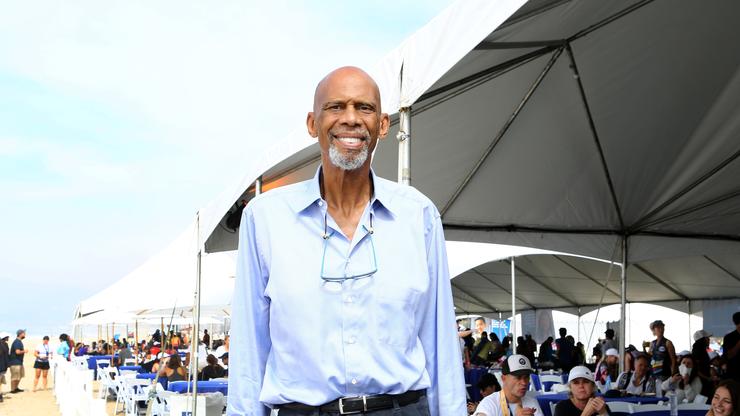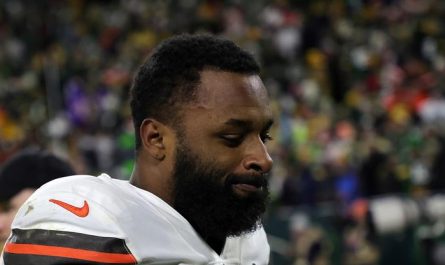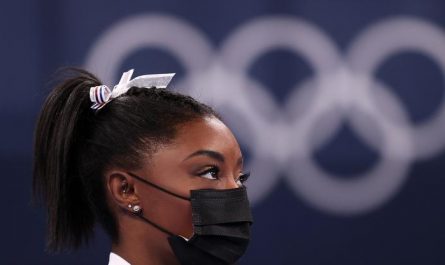Kareem Abdul-Jabbar had a lot to say about athletes and sponsorships.
There have been some big athlete controversies as of late, although many of them have varying degrees of seriousness. For instance, you have Henry Ruggs III killing a woman in a car accident, which would be on the extreme side of the spectrum. From there, you have Aaron Rodgers lying about taking the COVID-19 vaccine, all while Kyrie Irving has refused the vaccine outright. Of course, the latter examples are not nearly as serious as what Ruggs did, although they are worth examining.
Well, that is exactly what Kareem Abdul-Jabbar did on his Substack recently. As Kareem explains, athletes are constantly being given massive sponsorships at that the market is in the billions of dollars. However, if athletes continue to be untrustworthy and mess up, then those sponsorships could evaporate for the next generation.
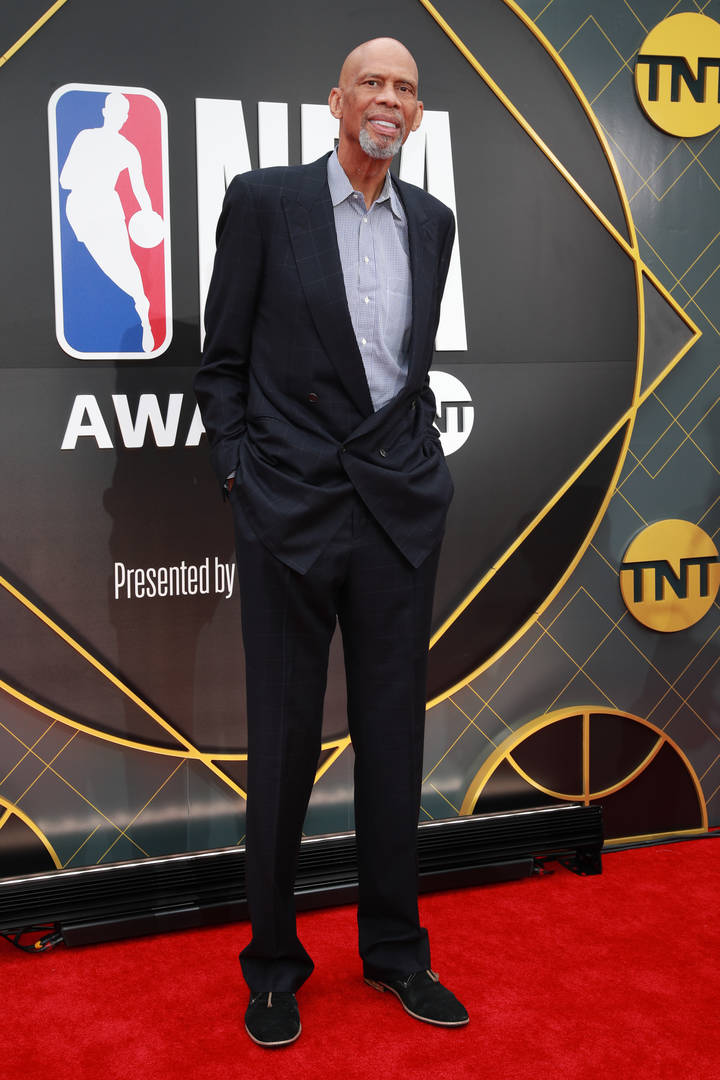
Rich Fury/Getty Images
Per Kareem:
“What’s especially bothersome is that Aaron Rodgers didn’t just lie and threaten the health of those around him, he also damaged professional sports. Many athletes make a lot of money on product endorsements, which depends on the public’s favorable perception of athletes. In 2020, global sports sponsorship was worth about $57 billion. Yet, every time a pro athlete like Kyrie Irving (anti-vax), Henry Ruggs (speeding at 156 mph, crashing, and killing someone), Evander Kane (forging vaccination card), or Aaron Rodgers does or says something stupid, the public trust in athletes lowers and sponsors might consider avoiding players in favor of actors, pop stars, or social media influencers. Steph Curry and LeBron James don’t have to worry, but some up-and-comers might not get the same opportunities.”
It is certainly an interesting argument to make, although it remains to be seen if his hypothesis will come true. After all, these are just a few examples, and there is no denying that athletes can help sell products better than most celebrities can.
Let us know what you think of Kareem’s take, in the comments below.
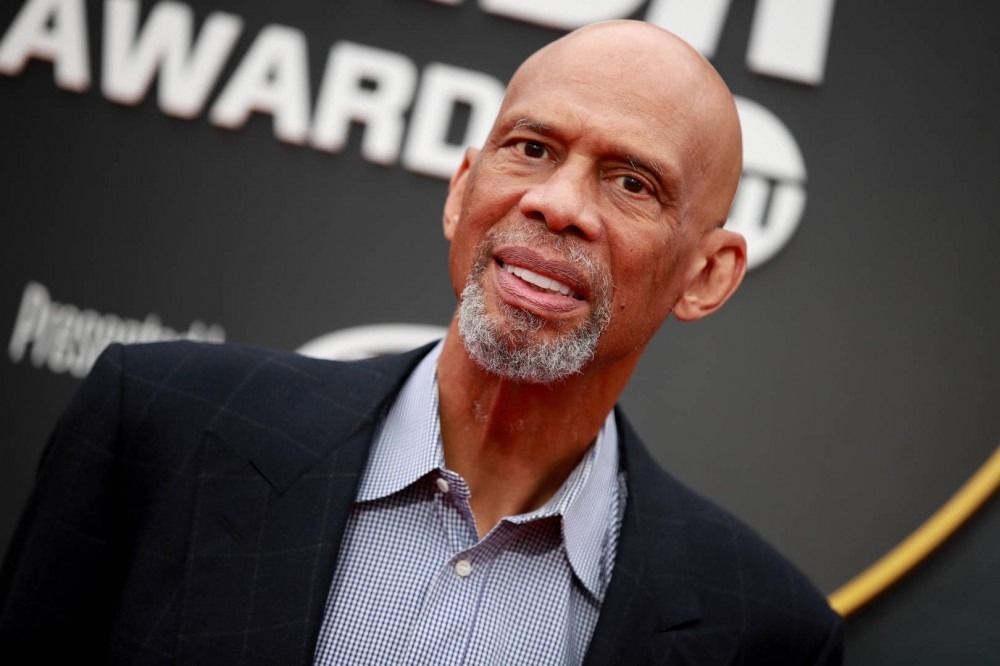
Rich Fury/Getty Images
[Via]
Kareem Abdul-Jabbar had a lot to say about athletes and sponsorships.
There have been some big athlete controversies as of late, although many of them have varying degrees of seriousness. For instance, you have Henry Ruggs III killing a woman in a car accident, which would be on the extreme side of the spectrum. From there, you have Aaron Rodgers lying about taking the COVID-19 vaccine, all while Kyrie Irving has refused the vaccine outright. Of course, the latter examples are not nearly as serious as what Ruggs did, although they are worth examining.
Well, that is exactly what Kareem Abdul-Jabbar did on his Substack recently. As Kareem explains, athletes are constantly being given massive sponsorships at that the market is in the billions of dollars. However, if athletes continue to be untrustworthy and mess up, then those sponsorships could evaporate for the next generation.

Rich Fury/Getty Images
Per Kareem:
“What’s especially bothersome is that Aaron Rodgers didn’t just lie and threaten the health of those around him, he also damaged professional sports. Many athletes make a lot of money on product endorsements, which depends on the public’s favorable perception of athletes. In 2020, global sports sponsorship was worth about $57 billion. Yet, every time a pro athlete like Kyrie Irving (anti-vax), Henry Ruggs (speeding at 156 mph, crashing, and killing someone), Evander Kane (forging vaccination card), or Aaron Rodgers does or says something stupid, the public trust in athletes lowers and sponsors might consider avoiding players in favor of actors, pop stars, or social media influencers. Steph Curry and LeBron James don’t have to worry, but some up-and-comers might not get the same opportunities.”
It is certainly an interesting argument to make, although it remains to be seen if his hypothesis will come true. After all, these are just a few examples, and there is no denying that athletes can help sell products better than most celebrities can.
Let us know what you think of Kareem’s take, in the comments below.

Rich Fury/Getty Images
[Via]

